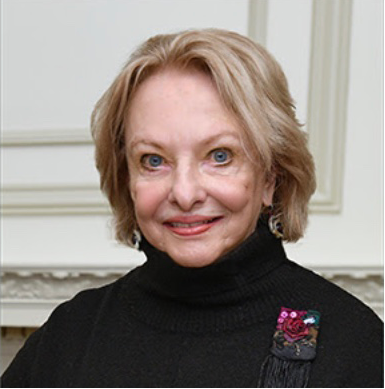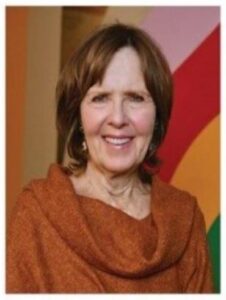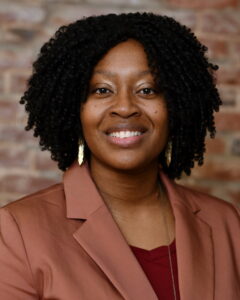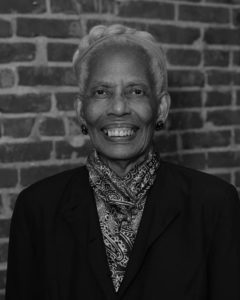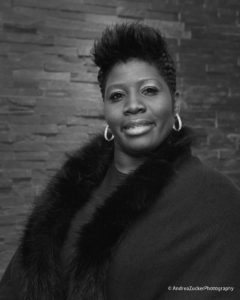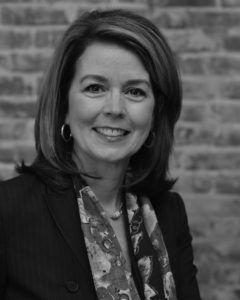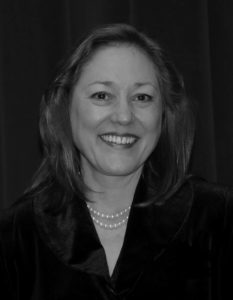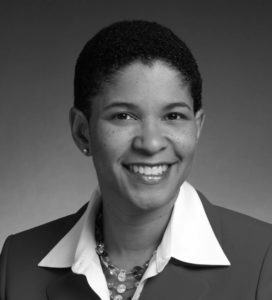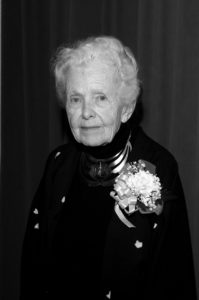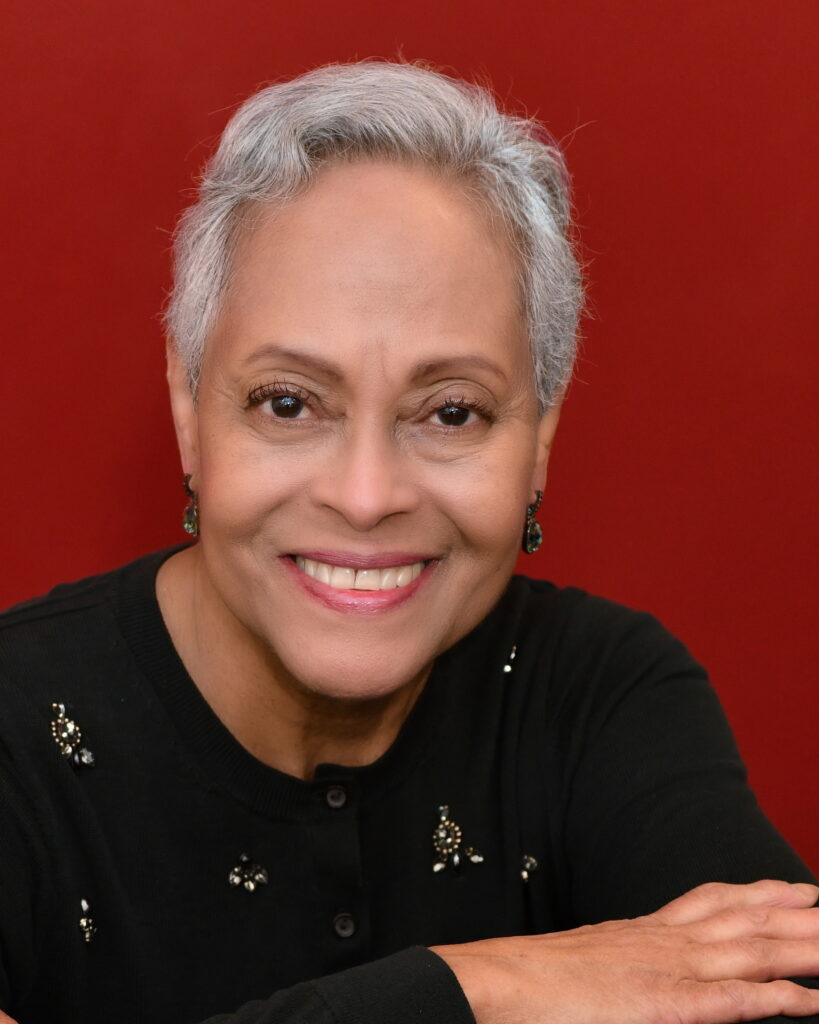
Women of Achievement
2025
INITIATIVE
for a woman who seized the
opportunity to use her talents and created her own future:
Maritza Dávila-Irizarry
Internationally acclaimed printmaker Maritza Davila-Irizarry has exhibited her art all over the United States and around the world. Her work has been showcased in venues from the Library of Congress in Washington to the National Libraries of Spain and Paris as well as in the Museum of Art and History at the University of Puerto Rico. Through a 36-year career she inspired generations of students at the Memphis College of Art. And Maritza is still going strong!
One of four daughters born into a close family in Puerto Rico, Maritza learned the importance of family and mutual support from her mother, who raised her own siblings starting at age 12 after their mother’s death. Maritza always loved art. As a child she was always making paper dolls, crocheting, and drawing. Her talent was encouraged by her father, a musician and composer, as well as her mother. Today she says it never occurred to her that she would be anything other than an artist.
In Maritza’s family, the pursuit of higher education was expected, so after high school she went to the University of Puerto Rico. It was there that she first encountered printmaking and was immediately hooked.
“The process of it, the time it takes to build up the project,” she says. “I love its sense of mystery.”
After graduating, and while teaching art in an elementary school, Maritza was offered a scholarship in arts education to a school in New York. Teaching was the career her father wanted for her. But she was determined to be a working artist. Despite opposition at home she accepted a small scholarship to Pratt Institute in Brooklyn.
Her father withdrew financial support when she insisted on leaving Puerto Rico. At first she lived with relatives. She spoke very little English. And, for the first time, she encountered racism. A child of mixed race parents, she was one of only two Puerto Ricans in her class. Some classmates assumed she was enrolled not because of her talent but because of affirmative action. Yet she persisted. Maritza supplemented her scholarship with work-study jobs and loans. To the amazement of Pratt’s finance office, she paid her tuition in cash. Small bills. She graduated with honors.
Maritza began supporting herself through teaching elementary school art, all the while still pursuing her dream. During this time she began a life-changing relationship with a man she met in her building. In March of 1979 she and Jon Sparks began dating. They were married by Thanksgiving. They had three weddings; a civil ceremony in New York, a Catholic wedding in Puerto Rico and a Cumberland Presbyterian service in Memphis, where in 1981 the young married couple moved for Jon’s work.
To become a working artist requires initiative as well as talent. While teaching at the Memphis College of Art, Maritza began pursuing recognition through exhibiting in juried shows. The process is rigorous. Locate shows. Find money for entry fees. Box up and ship off examples of work. Get rejected. Get accepted. Repeat. It was 20 years before Maritza’s reputation grew enough for her to be invited to exhibit.
In 1989 Maritza took the initiative to open her own press, which she named Atabeira, for the Mother of Creation in the indigenous culture of her native Puerto Rico. “The thread that runs through my work is ancestry – the collection of inseparable qualities that, through blood and culture and beyond our ability to control, help make us who we are,” she says. “Each of us connects at all these levels through experience that unfolds with increasing complexity as we grow older. What we see, remember, or pass through includes elements of family, culture, religion as well as social, racial and gender facets of life. In a word: identity.”
In 2020, the Memphis College of Art closed. But Maritza continues to teach. She is now an adjunct professor at the University of Memphis. She also is a teaching artist for Creative Aging and offers senior workshops in her studio.
In April, 2024, fire swept through her Atabeira studio beside her East Memphis home. Decades of artwork, tools, and collected works were destroyed. But her spirit endured, the studio rebuilt, a testament to the resilience of creativity, the power of community, and the necessity of making art, even in the wake of loss. An exhibit of her art made with pieces and debris salvaged from the fire is on display now.
Women of Achievement salutes Maritza Davilla-Irizarry with this year’s award for Initiative.


